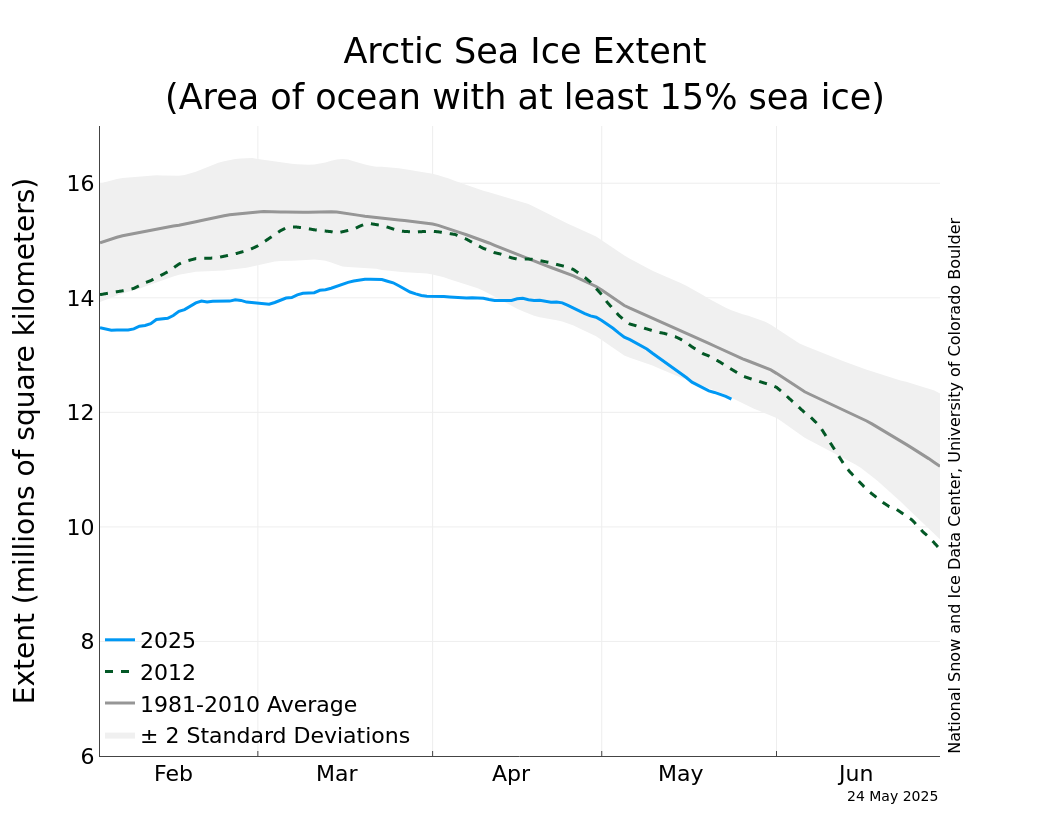First, listened to Warren Buffett on CNBC this AM
One topic was Health Care, and reform.
Reading between the lines - scrap the Dem's plan, go for cost controls first, then include the currently uninsured.
One comment was that his partner Charlie Munger read a piece in New Yorker by Dr. Atul Gawande, and was so impressed that he sent a check for $20K just because he was so impressed by the ideas.
A few min ago I picked up the Feb 22 issues having dog-eared this to read.
Agree 100% - fix costs first, then expand coverage.
Some is really really simple shit - like
wash your hands before operating !Make a List. Check It Twice - BusinessWeek"
Dr. Atul Gawande, a surgeon and New Yorker writer, had a huge impact on the health-care reform debate last summer when he wrote about wide regional disparities in Medicare spending. The article focused on McAllen, Tex., one of the country's priciest health-care markets. Gawande's conclusion—that doctors in McAllen charge more not because their patients are sicker or their care is better but simply because they can—caught the attention of reform forces across the nation. President Barack Obama had his entire staff read it. Gawande may end up wielding influence again with his new book The Checklist Manifesto: How to Get Things Right. He starts the book by explaining how a simple five-item checklist in the operating room can dramatically reduce hospital-acquired infections, which kill 99,000 Americans a year."
and
Dr. Peter Pronovost, a critical care specialist at Johns Hopkins, devised his own operating room checklist in 2001. On a plain sheet of paper he wrote out five steps doctors and nurses in the OR should follow, all "no-brainers," as Gawande puts it: Wash your hands with soap, sterilize the patient's skin, put sterile drapes over the entire patient, wear a mask, gown, and gloves, and put a sterile dressing over incisions. Within a year the rate of infections related to IV tubes at the hospital went from 11% to zero. Only two such infections occurred over the next 15 months. Michigan instituted Pronovost's five steps in every hospital in the state, and within three months infections related to IV tube insertions dropped 66%. Congress - PAY ATTENTION



